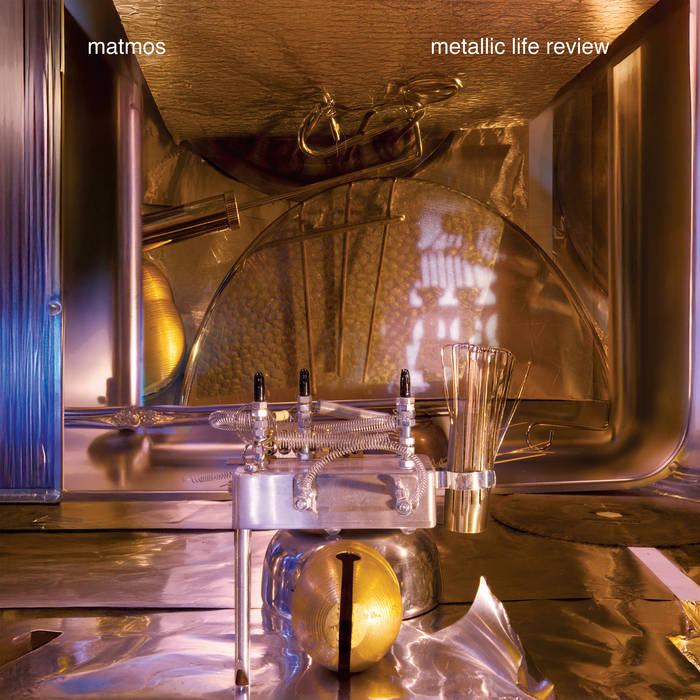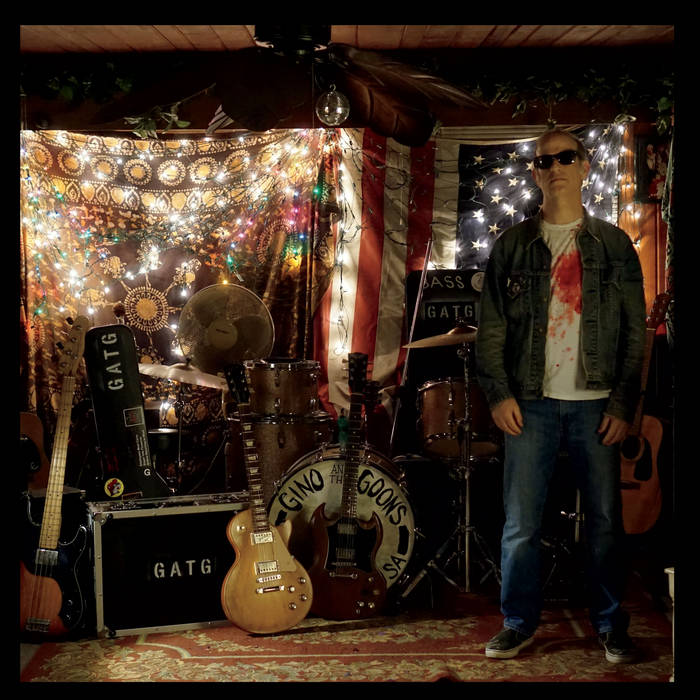
Sally Anne Morgan "Second Circle the Horizon"
Sally Anne Morgan is an artist and naturalist in the purest senses. Raised on old time and Appalachian folk traditions, Morgan’s artistry embodies the rich life of the communities and natural world she surrounds herself with. Based in Alexander, NC in the thick of Appalachia, and edge of the Pisgah National Forest, Morgan’s blend of traditional technique and distinctly modern compositional approach are infused with the sounds of her garden, surrounding pastures, forests and mountains. The rhythms of nature, its flora and fauna, are inseparable from her work which is in constant conversation with the people and places around her. Second Circle The Horizon is a meditation on returning, uncovering the new within the familiar and recognizing the familiar within the new.
Morgan’s compositions, on Second Circle The Horizon, are vivid, translating an ineffable feeling triggered by environmental sounds into music that feels as natural and free as the intersecting chirps of Carolina Wrens, the rustling of grass, and her sheep’s movement through a meadow. The album returns to the approach Morgan took with her more improvisational album Cups (2021), and threads in the preternatural songcraft of Carrying (2023). “I wanted to capture the feeling of walking outside and encountering organic nature sounds, some with patterns, some with a randomness that also verges on its own kind of pattern,” notes Morgan. Abstraction in pursuit of free exploration of that which can’t be put into words, balancing with an intentional structure of song lies at the album’s core. Morgan gave herself into the free instinctual pursuit of ideas, while her experience resulted in pieces that move organically in structured arcs. “I have played so many fiddle tunes, the fiddle tune, the structure, the melody, are at the root of all music I make, whether I want them to be or not,” Morgan continues. “Old time fiddle music is the seed that grew into the part of my brain that makes music, and everything I do somehow seems to come back to that. I think something gets lost when you’re too focused on honing and refining everything. Someone who is not focused on virtuosic playing, but more rustic simplicity and spaciousness, there is life and energy to it, electricity.”

Matmos "Metalic Life Review"
Matmos’ singular compositional approach resembles the creation of sculpture. The incredibly detailed pieces that make up each album are created with carefully selected sounds that adhere to a specific conceptual framework. The duo, composed of Drew Daniel and M.C. Schmidt, makes music that defies both category and expectation, shattering notions of what electronic music is by questioning what else it could be. In the case of Metallic Life Review, what may be possible with the sound that metal objects make? By ignoring the categorical genre constraints associated with terms like found sound, music concrète, techno, glitch and, yes, “metal” and pushing into new territory, Matmos’s approach answers this question with gleeful abandon. Underpinning their adventurous and inquisitive spirits is a sense of real feeling, never shying from the difficult and unsettling moments, but embracing the breadth of human experiences that live in communication with the constraints of each project.
Metallic Life Review continues to take a seemingly impossible premise like making an album only with select, often commonplace objects like sounds of plastic (Plastic Anniversary) or a washing machine (Ultimate Care II), this time by entirely sourcing its sound from the sound of metallic objects: bronze, copper, steel, aluminium, and various alloys. In this case, they have collected field recordings of metal objects from around the world, sourced from moments across the entirety of their years as a band. This life review documents their lives together, their curious collecting, and collages their magpie hoard into rhythmic patterns, sometimes writing melodies and basslines, but sometimes just letting sound be sound. Patient gathering yields to ADHD editing. Painstakingly made, but blink and you’ll miss the finer details. By employing the strong contrast between a harsh industrial clatter and a sweet melodic dimension, a deliberate counterforce, Matmos arrive at paradox: exceptionally beautiful music wrought from metal detritus.
Metallic Life Review features Susan Alcorn’s pedal steel and Owen Gardner’s glockenspiel, Thor Harris’ (Water Damage/Swans) drumming, Jason Willett’s (Half Japanese) guitar, and Jeff Carey’s aluminum cans, which were melted, molded into custom aluminum rods, and then bowed and struck. The most dramatic difference from any previous Matmos album is that side two was recorded “live in the studio”, ala Throbbing Gristle’s Heathen Earth. For the first time on recording, Matmos capture the evolving, shifting, slithering dynamic that happens when they play live and let patterns emerge out of chaos and then collapse and re-form. Their playful blend of compositional brilliance and improvisational playfulness meld perfectly, truly capturing ecstatic moments in a way that can only happen live.
Metallic Life Review is a musical love story transmuted into sound, the result of a life filled with curiosity and powered by boundless exploration. Matmos have again made something spellbinding, brilliant and emotionally resonant.

Gino and the Goons "Gino and the Goons LP"
GINO and the GOONS got a new 12inch! Shake (and shimmy) to the “Dance of the Goons”, the first track on side A. When you’re ready to sit still, feast yer peepers on this new T-shirt, designed by Gino & illustrated by Matt K Shrugg (under Pete Slovenly’s supervision and procrastination). Limited quantity of these new threads will be available for preorder (in any size you want!) bundled with the new LP. Hit it!

Ouzo Bazooka "Kapaim"
Ouzo Bazooka enchant on Kapaim, drawing listeners through a maze of hypnotic, head-snapping grooves, cosmic string bending, and swirling guitar explorations. As trailblazers of the new Middle Eastern psychedelia movement, the band fuse traditional folk sounds with gritty soul, funk, and rock. Their latest release is a testament to their boundary-pushing spirit, offering a soundscape that is both otherworldly and deeply rooted.
Across five albums and a decade, Ouzo Bazooka have gained acclaim for their pioneering blend of Middle Eastern sounds, psych, and surf rock. The band has achieved international recognition for their music and performances, from the UK all the way to Japan, including The Great Escape, Fuji Rock, and Sziget Festivals. At one point, they played over 150 shows annually, solidifying their reputation as a powerhouse live act. Their critically acclaimed EP, Songs From 1001 Nights, was hailed as “a soaring adventure in exotic reverb and swirling lysergic synth hooks”.
The title track, “Kapaim”, urges listeners to clap along to a groove as solid as steel, fusing the legendary New Orleans instrumental funk of The Meters with snake-charming synths and cosmic Anatolian guitar licks.
An otherworldly intro gives way to a tight bass-and-funk groove reminiscent of Bob James’ heavily sampled “Nautilus” on “Seed”, before Kinrot makes a rare vocal appearance, imagining himself as a seed at the centre of the universe.
Having played a key role in the global instrumental movement, Kinrot stands among peers such as JJ Whitefield, Shawn Lee and Kutiman. The album recalls the cinematic depth of David Axelrod but with a distinctive Middle Eastern/Mediterranean touch. Fans of Glass Beams, Derya Yıldırım, LA LOM, and hip hop producer Oh No’s sample-heavy tour of Turkish, Lebanese and Greek psych, Dr. No’s Oxperiment, will find much to love.
A testament to Kinrot’s incredible talent – not least his meticulous arranging, production skills, and ear for soul, funk, and psychedelic rock, as well as his ability to blend musical traditions across cultures and eras – Kapaim carries a deep emotional resonance. It is Ouzo Bazooka’s most personal and addictive album to date, radiating joy, creativity, and a spirit of boundless freedom.